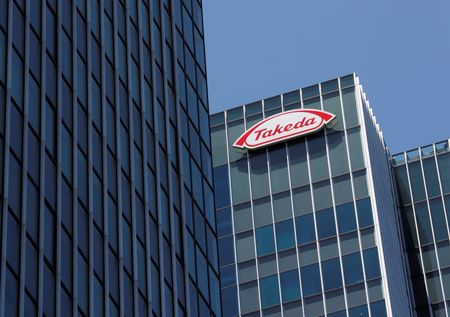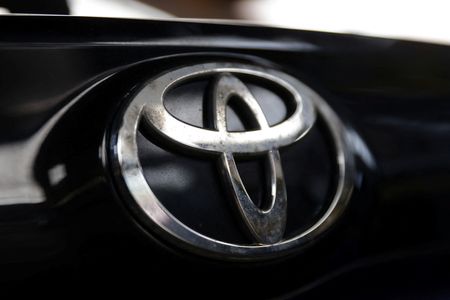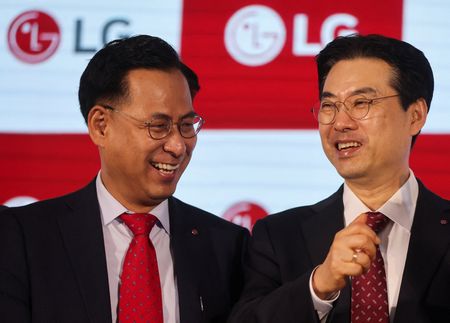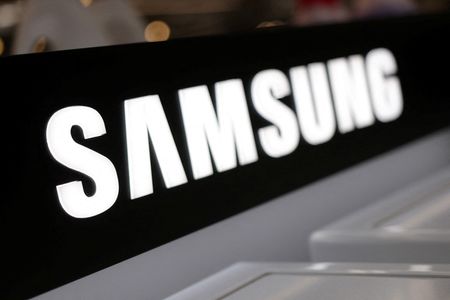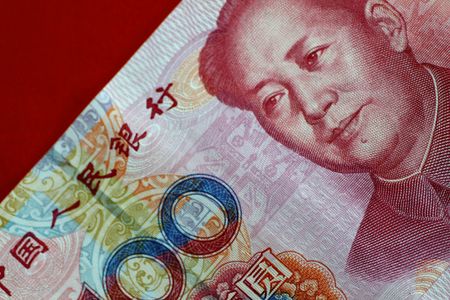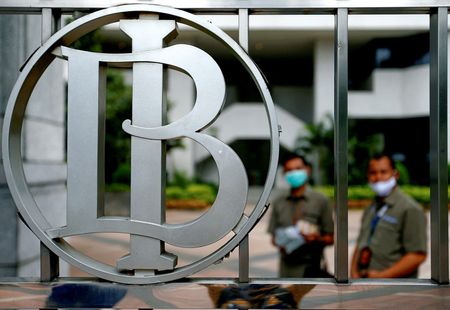(Reuters) -Takeda Pharmaceutical said on Wednesday it will stop its cell therapy initiatives and seek a partner to advance its research and clinic-ready programs in this field.
The move marks a significant shift for the Japanese drugmaker, which had spent years trying to build a presence in cell therapy, particularly in cancer treatment.
Takeda had discontinued the development of its blood cancer cell therapy candidate, TAK-007, last year, calling it a “data-driven decision.”
The drugmaker said it will now focus on other treatment types, including small molecule drugs, biologics and antibody-drug conjugates – areas it believes can deliver innovative medicines to patients more quickly and at greater scale.
Takeda’s cell therapy efforts were anchored by its gamma delta T-cell platform, which it acquired through the 2021 purchase of UK-based GammaDelta Therapeutics, following a multi-year collaboration that began in 2017.
In 2022, Takeda also acquired Adaptate Biotherapeutics to further accelerate development of gamma delta T-cell-based therapies.
These immune cells were being explored for their potential to treat both solid tumors and blood cancers. However, the company said it now plans to redirect resources to other parts of its pipeline.
The drugmaker expects to recognize an impairment loss of about 58 billion Japanese yen ($395.47 million) associated with the gamma delta T-cell platform in the second quarter of fiscal year 2025. However, most of that loss had already been factored into its full-year forecast announced in May.
The company is now prioritizing six drug candidates, including elritercept for anemia in blood cancers, being tested in late-stage trials which are expected to bring in combined peak sales of $10 billion to $20 billion, CEO Christophe Weber said earlier this year at an investor conference.
($1 = 146.6600 yen)
(Reporting by Kamal Choudhury in Bengaluru; Editing by Jane Merriman, Shilpi Majumdar and Shailesh Kuber)

